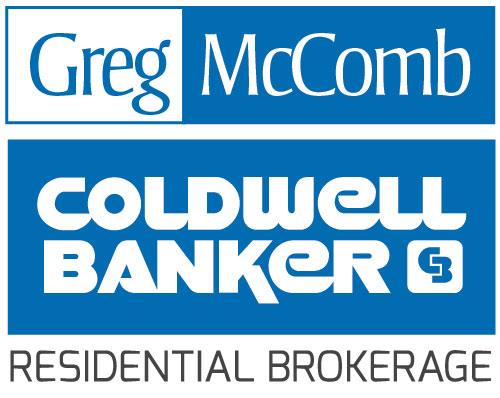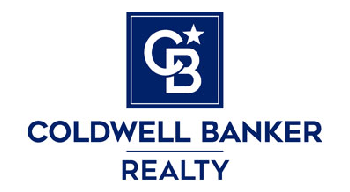 Even people with other assets may choose to tap the equity in their home. A secondary home loan may be preferable to selling taxable holdings or dipping into the retirement plan which has it’s own tax ramifications.
Even people with other assets may choose to tap the equity in their home. A secondary home loan may be preferable to selling taxable holdings or dipping into the retirement plan which has it’s own tax ramifications.
If you chose to borrow against your home’s equity you have three basic options.
1. Second mortgage. Often referred to as a home-equity loan it is the most tightly structured of the three options. It is, as the name implies, basically taking out another mortgage on your home. Usually the rate is fixed and second mortgages tend to have a higher interest rate than first time mortgages. They have a set term, like 15 or 20 years and just like any mortgage, each payment you make is divided between interest and principal. They have the benefit of providing a lump sum payment of the entire amount when the mortgage closes.
 2. Home equity line of credit (HELOC). Usually the most flexible of the three basic options. Depending on the structure of the agreement, you may not actually draw any funds at the inception of the loan (some lines of credit do require you to draw a certain amount). This approach is similar to having a credit card where you simply draw the money as you need it, often using a specific checkbook or debit card. A HELOC has the advantage of coming with no closing costs and of the three options is often the most painless and easy to get.
2. Home equity line of credit (HELOC). Usually the most flexible of the three basic options. Depending on the structure of the agreement, you may not actually draw any funds at the inception of the loan (some lines of credit do require you to draw a certain amount). This approach is similar to having a credit card where you simply draw the money as you need it, often using a specific checkbook or debit card. A HELOC has the advantage of coming with no closing costs and of the three options is often the most painless and easy to get.
What is the MLS and how can it make my life easier?
3. Cash out refinance. This option is unique among the three because it does not, necessarily involve taking a loan, You simply refinance your home for a larger amount and then take the difference as your working capital. It can be used to avoid primary mortgage insurance however be mindful that, in some cases, a cash out refinance will trigger higher closing costs.
Two important points
There are things you must take into consideration with all three of these loans. The first and most important is that if you default on any of these you stand to lose your home! Never forget you are putting your house up as collateral.
The interest on all three can be tax deductible but the exact criteria for each is different. Usually it’s a safe deduction if you use the money to renovate the home.
So what’s the best option for you?
Well as you can imagine, it all depends what you want the money for.
 Home equity If you have an immediate need for a lot of money, for an emergency or a medical or educational situation a Home equity loan is probably the best fit. You get a large, lump sum quickly. The Home equity loan is often an attractive option because it comes with an interest rate that can be half that of a credit card. (According to Bankrate.com, as of April 25, 2018 the interest rate on home equity loans is around 5.7% meanwhile, the average APR on a credit card is 16.47%. With this difference it’s easy to see why many people chose to take advantage of a home equity loan)
Home equity If you have an immediate need for a lot of money, for an emergency or a medical or educational situation a Home equity loan is probably the best fit. You get a large, lump sum quickly. The Home equity loan is often an attractive option because it comes with an interest rate that can be half that of a credit card. (According to Bankrate.com, as of April 25, 2018 the interest rate on home equity loans is around 5.7% meanwhile, the average APR on a credit card is 16.47%. With this difference it’s easy to see why many people chose to take advantage of a home equity loan)
Home equity line of credit (HELOC) If you would prefer that the money to be available as needed, say for home improvements…starting a business etc, then a Home equity line of credit is perfect for you. You get the money as you need it so the debt load is more comfortable. It is often the cheapest in the long run as you are only paying interest on the money you actually borrow not on a huge lump sum. Contrast that with a home equity loan where you are paying interest on the whole thing from the minute you draw the money.
Take a look at 7 hidden benefits of owning a home you may have overlooked
Cash out refinance. For those people whose credit score is better that it was when they bought your home a Cash out refinance is worth looking into. It’s often the case that people buy a house at the beginning of their careers, when they are just establishing credit, and as they get older that score improves dramatically. They often have more actual equity in their home and therefore can pull out a larger sum. The added bonus is that if the money is used to pay off other debts like a car loan, or school loan that will also improve their credit score!
In conclusion
It is often a great idea to use your home as a source of funds. Like any loan, make sure you plan carefully, and remember, you are putting your house on the line so make sure you can pay back the loan in the time required. Any one of these loans will only make sense if you have enough accumulated equity in your home that enables you to get a better rate than any other type of loan…small business or student loans.




